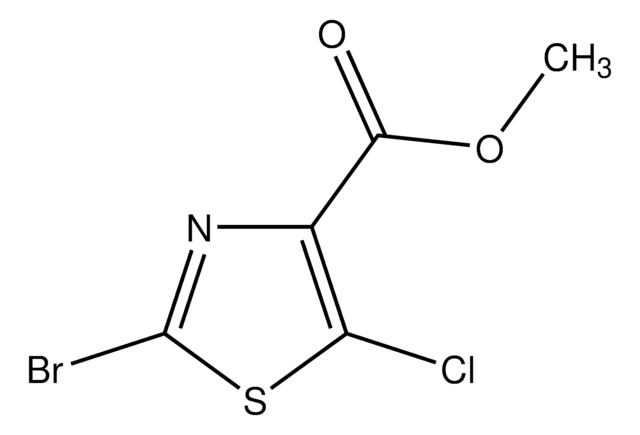01-0050
Acetaldehyde
≥90.0%, SAJ first grade
Synonym(s):
Ethanal
Sign Into View Organizational & Contract Pricing
All Photos(1)
About This Item
Linear Formula:
CH3CHO
CAS Number:
Molecular Weight:
44.05
Beilstein:
505984
MDL number:
UNSPSC Code:
12352200
PubChem Substance ID:
Recommended Products
grade
SAJ first grade
vapor density
1.52 (vs air)
vapor pressure
14.63 psi ( 20 °C)
Assay
≥90.0%
form
liquid
autoignition temp.
365 °F
expl. lim.
60 %
availability
available only in Japan
refractive index
n20/D 1.332 (lit.)
pH
5 (20 °C)
bp
21 °C (lit.)
mp
−125 °C (lit.)
density
0.785 g/mL at 25 °C (lit.)
SMILES string
CC=O
InChI
1S/C2H4O/c1-2-3/h2H,1H3
InChI key
IKHGUXGNUITLKF-UHFFFAOYSA-N
Looking for similar products? Visit Product Comparison Guide
Signal Word
Danger
Hazard Statements
Precautionary Statements
Hazard Classifications
Carc. 1B - Eye Irrit. 2 - Flam. Liq. 1 - Muta. 2 - STOT SE 3
Target Organs
Respiratory system
Storage Class Code
3 - Flammable liquids
WGK
WGK 3
Flash Point(F)
-36.0 °F
Flash Point(C)
-37.8 °C
Choose from one of the most recent versions:
Already Own This Product?
Find documentation for the products that you have recently purchased in the Document Library.
Tetsuji Yokoyama et al.
Alcoholism, clinical and experimental research, 29(4), 622-630 (2005-04-19)
Elevated mean corpuscular volume (MCV) is a traditional biological marker for alcohol abuse and alcoholism, but the underlying mechanism is unclear. Three recent epidemiologic studies consistently showed that MCV was elevated by alcohol drinking more markedly among individuals with genetically
Mashiko Setshedi et al.
Oxidative medicine and cellular longevity, 3(3), 178-185 (2010-08-19)
Chronic alcohol abuse causes liver disease that progresses from simple steatosis through stages of steatohepatitis, fibrosis, cirrhosis, and eventually hepatic failure. In addition, chronic alcoholic liver disease (ALD), with or without cirrhosis, increases risk for hepatocellular carcinoma (HCC). Acetaldehyde, a
Hyo-Jung Kwon et al.
Hepatology (Baltimore, Md.), 60(1), 146-157 (2014-02-05)
Aldehyde dehydrogenase 2 (ALDH2) is the major enzyme that metabolizes acetaldehyde produced from alcohol metabolism. Approximately 40-50% of East Asians carry an inactive ALDH2 gene and exhibit acetaldehyde accumulation after alcohol consumption. However, the role of ALDH2 deficiency in the
Tommaso Mello et al.
Molecular aspects of medicine, 29(1-2), 17-21 (2008-01-01)
Alcohol abuse is one of the major causes of liver fibrosis worldwide. Although the pathogenesis of liver fibrosis is a very complex phenomenon involving different molecular and biological mechanisms, several lines of evidence established that the first ethanol metabolite, acetaldehyde
Mikko Salaspuro
Journal of digestive diseases, 12(2), 51-59 (2011-03-16)
Aldehyde dehydrogenase (ALDH2) and alcohol dehydrogenase (ADH) gene polymorphisms associating with enhanced acetaldehyde exposure and markedly increased cancer risk in alcohol drinkers provide undisputable evidence for acetaldehyde being a local carcinogen not only in esophageal but also in gastric cancer.
Our team of scientists has experience in all areas of research including Life Science, Material Science, Chemical Synthesis, Chromatography, Analytical and many others.
Contact Technical Service









